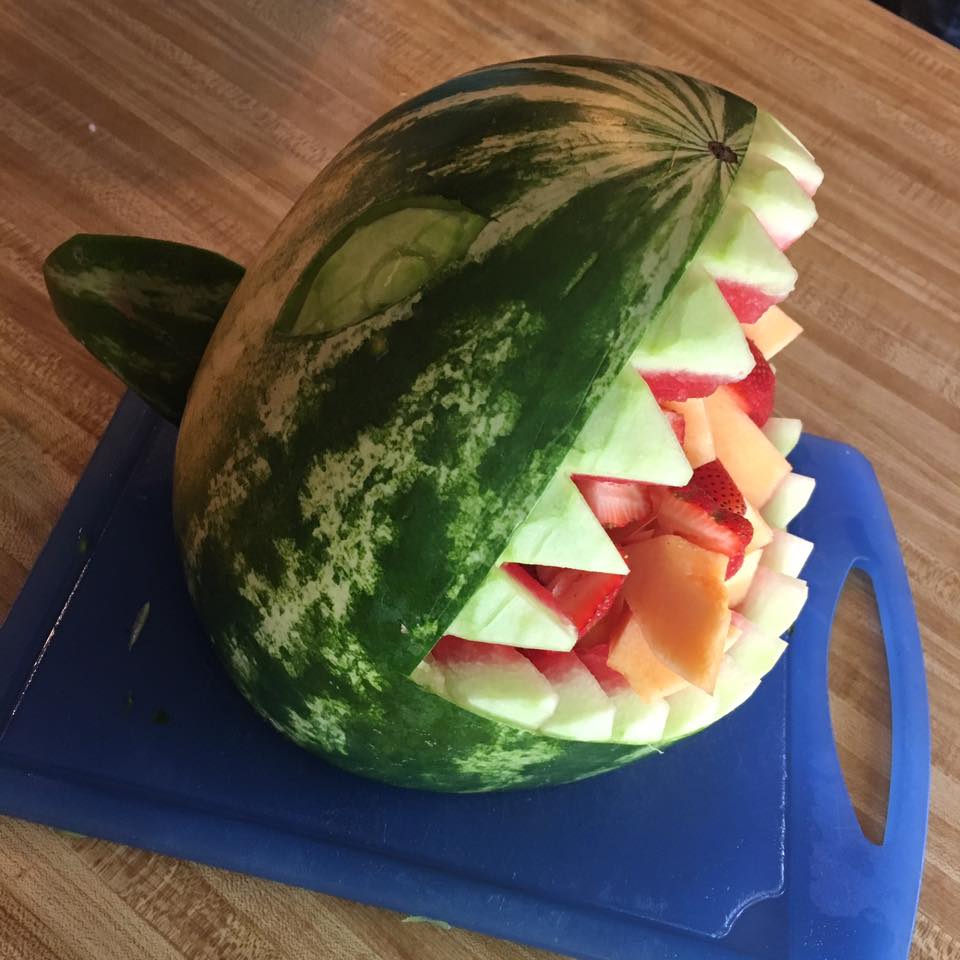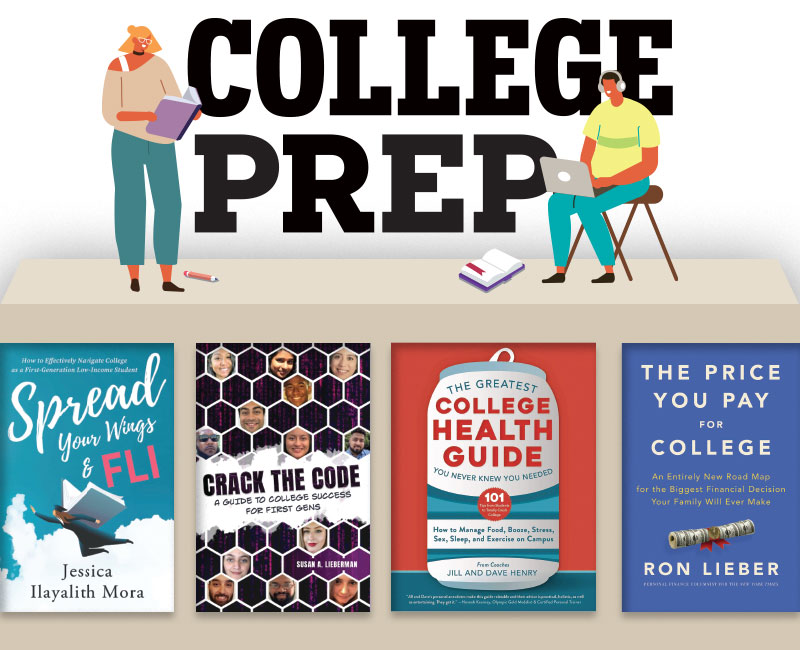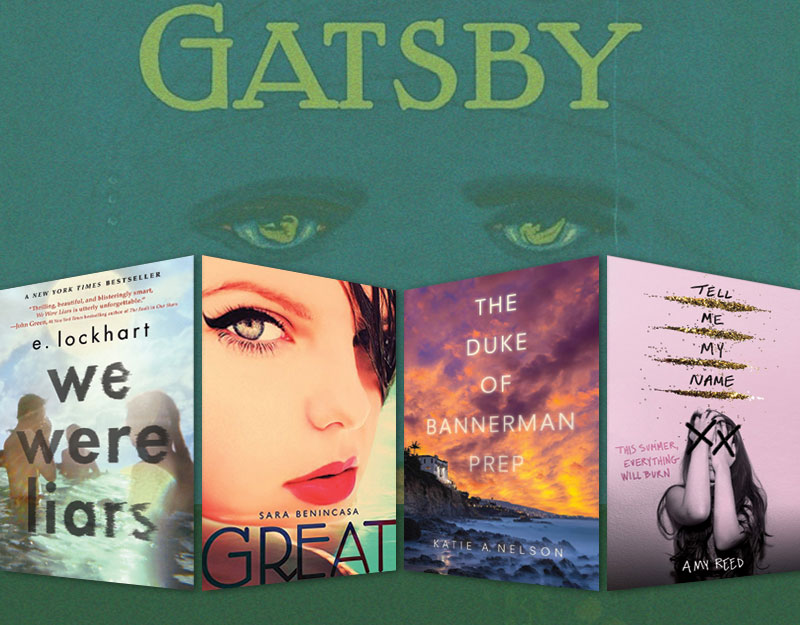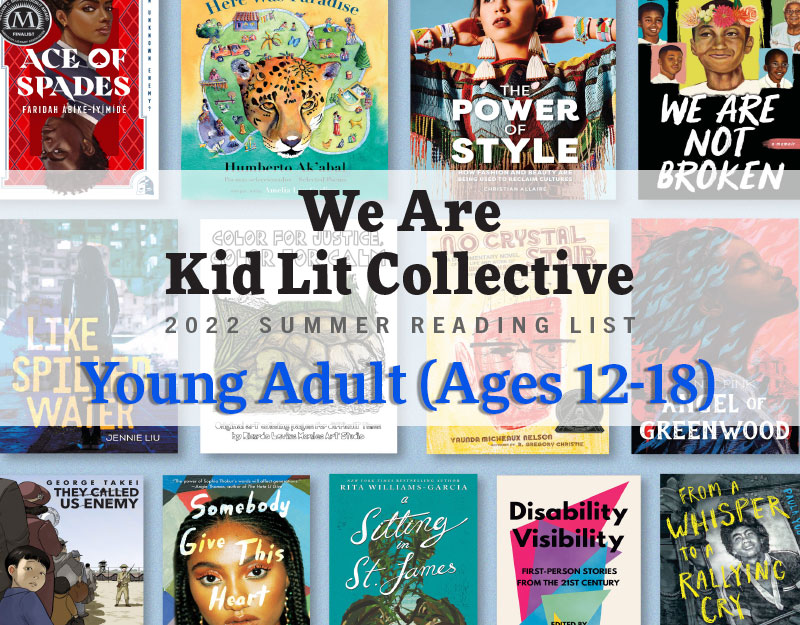Applying Information Literacy Skills to Shark Week
The Jensens love Shark Week. Or maybe, Thing 2 and I love Shark Week and the rest of the Jensens just humor us because what are you going to do. We kicked off Shark Week this year with another great Shark Week party in which The Teen, who decided this summer to try her hand at baking, made shark cookies. And The Mr., who was an art major in college, sculpted a shark out of watermelon. It was epic, if I do say so myself.
But I’ve been thinking a lot about Shark Week viewing and how it requires a bit of information literacy skills. You see, not all Shark Week viewing is created equal and there is an important distinction. Shark Week is a great opportunity to take something fun and interesting and use it to help our youth think about and develop basic information literacy skills.
ADVERTISEMENT
ADVERTISEMENT
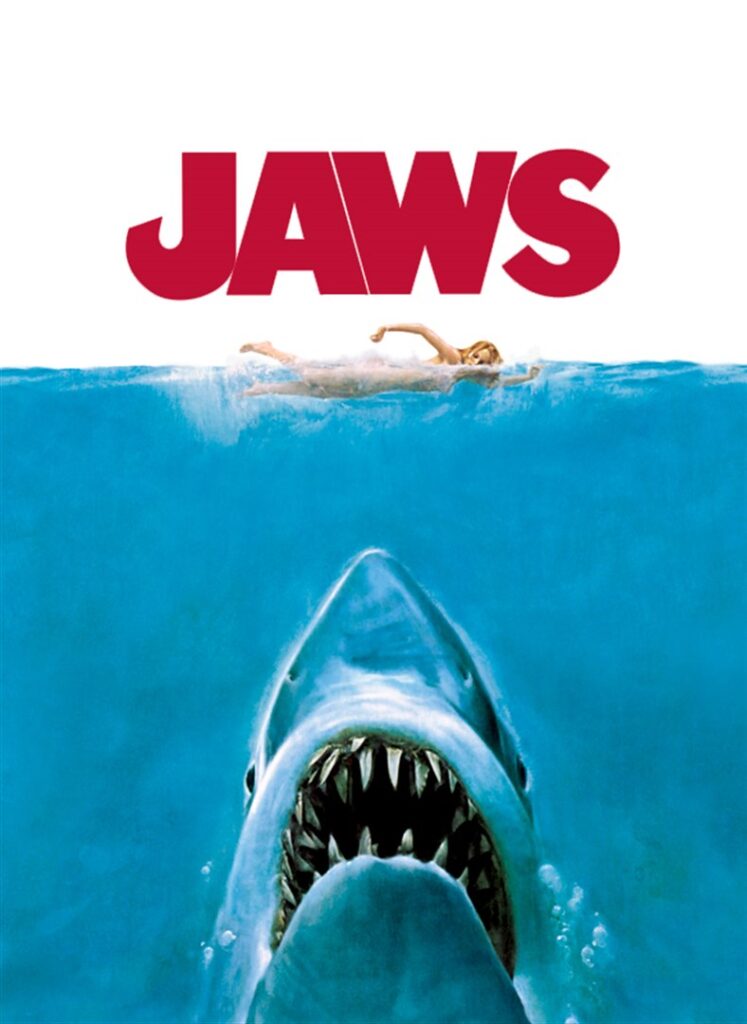
Let’s start with the movie Jaws, a movie that the Jensens watch every Christmas Eve because nothing says Merry Christmas and Joy to the World like a movie about a shark terrorizing a beach on the 4th of July weekend. Although I’m a big fan of the movie, it did have negative consequences for the world’s shark population. It created such a fear in viewers that sharks had far more reason to fear humans than humans had to fear sharks. Peter Benchley, the author of the novel Jaws, was so disturbed by the negative impact that the book had on our shark populations that he dedicated the rest of his life to shark conservationism.
What does all this have to do with information literacy and Shark Week? The ways in which sharks are depicted in media can and has had negative impact on our oceans and teaching our youth to be discerning viewers and information gatherers makes all the difference. Here are some of the things that I talk about with youth when discussing Shark Week.
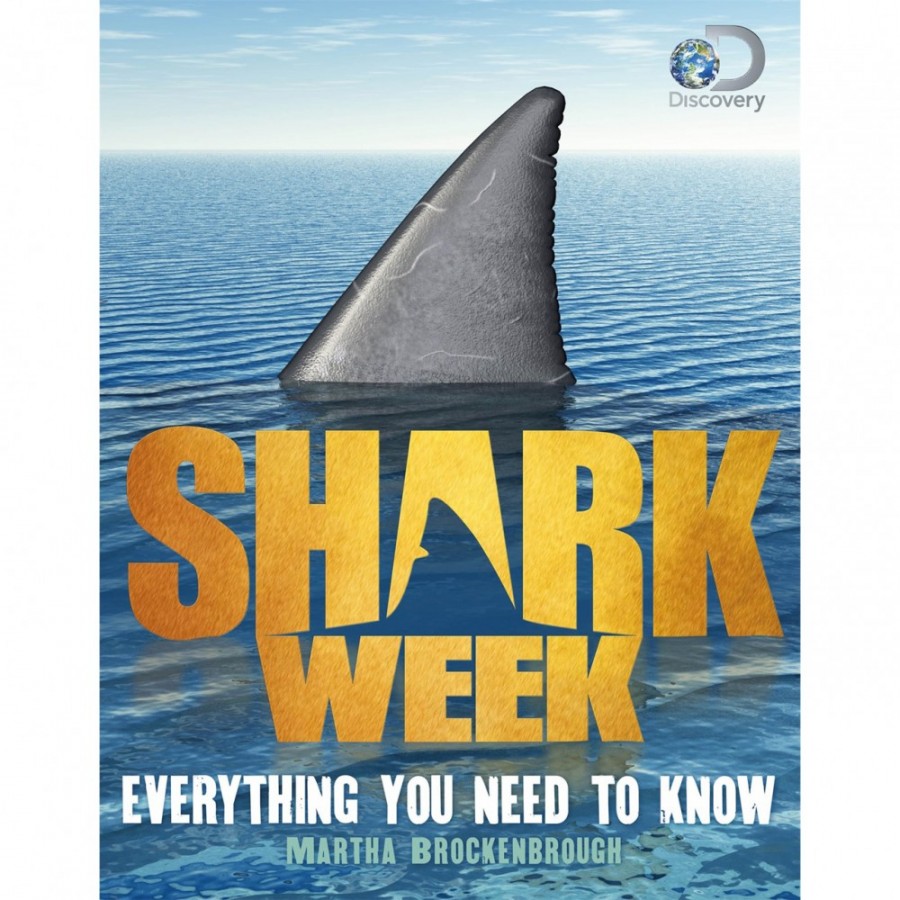
Language Matters: Beware of Shark Week Shows that Refer to Sharks as Monsters, a discussion on loaded terms
Sharks are not monsters and this type of language is loaded and intended to prey on our darkest fears. Yes, they are predators. Yes, they kill other creatures and are capable of killing human beings. But they are animals following their natural instincts and participating in the circle of life. This is an example of how language can be used to pre-dispose the listener to certain messaging and it’s a good way to talk about how prejudice and bias work and can be included in messaging. It’s also a safe and formative moment to teach youth how to analyze and break that messaging down.
Calling sharks monsters is just one example of how media can and does use language to send coded and dangerous messages to viewers. A more current and more nefarious example of this is happening right now in the news when the President of the United States tells people of color to “go back to where they came from” or refers to certain neighborhoods as infested. In both cases dangerous stereotypes, tropes and language are used to cause harm. I am in no way here comparing the two scenarios, just demonstrating how we can provide examples of how we can talk about these subjects with our youth and help them begin to develop the skills necessary to be discerning media consumers so that they understand how language can and is being used. After helping our youth understand how calling sharks monsters is harmful, you can then help them take the next step to understand how the same types of tactics are used against our fellow human beings and help them make those language connections. Having these conversations with our youth is important. I would argue that it is one of the most important conversations we should be having with our youth as we see what is happening right now to people of color and how they are being talked about in our media and by people with tremendous power and the negative impact it is having on their lives. As a white woman raising white children, it’s a conversation I’m having as often as possible with my children.
Delivery Matters: Beware of Shark Week Shows that Sensationalize Shark Attacks, a discussion of bias and presentation
As I mentioned above, not all Shark Week shows are created equal. Some of the shows clearly have a scientific point of view that emphasizes facts, respect for their subject and emphasize conservation. Other shows, however, employ tabloid news tactics designed to tap into our worst fears. They sensationalize shark attacks with dramatic re-enactments, use music to create a mood, and play on our emotional reactions. These shows are sensationalist and can, in my opinion, be harmful.
ADVERTISEMENT
ADVERTISEMENT
Right now we are in the midst of a war on journalism and a lot of people don’t know who to trust. Delivery matters and we can use these examples to help discuss some of the tactics used by tabloid journalism and help our youth distinguish them from more reliable news sources. See resources such as Common Sense Media and Medium for more information on teaching youth information media skills. Again, we’re using a more safe and familiar starting point to help open the door and then applying these lessons to the broader media in general.
Facts Matter: Look to See Who is Delivering the Message and What Facts or Credentials They Have to Back That Message Up, a discussion on information authority
This Shark Week kicked off with an episode called Shark Trip: Eat Pray Chum. This show five celebrities presented as kind of bumbling idiots who went around and did a variety of shark related things. On occasion they talked to an expert, but the hosts of the show weren’t experts themselves. I’ll be honest, it was one of my least favorite Shark Week offerings ever.
It’s not the first time that Shark Week has employed celebrities to try and raise ratings. In a previous year, Olypmic swimmer Michael Phelps swam against sharks and this show used someone we know to help deliver information about things like the swimming speed of sharks and how it compares to humans in the water. The information was delivered and hosted by experts in the field and was interesting, entertaining and authoritative. That’s right, we can use Shark Week shows to talk about things like information authority and how to analyze information presented to us to determine whether or not it’s a fact or opinion. Helping youth understand things like bias and authority are essential information literacy skills.
Six Questions That Will Tell You What Media to Trust
If your library is anything like mine, you’re probably putting up Shark Week book displays and even hosting Shark Week related programs. It’s a great opportunity for tie in with a built in audience. I’ve even shared some of my programming before here on TLT. But it’s also a great opportunity to help our youth brush up on their information literacy skills by tying those discussions into something they are already watching and enjoying. You can do this formally, but you can also do this informally as you just talk to the youth in your life about the Shark Week things they are watching. Whenever you can, cease on opportunities to help the youth in your life develop more refined information literacy skills.
Filed under: Uncategorized
About Karen Jensen, MLS
Karen Jensen has been a Teen Services Librarian for almost 30 years. She created TLT in 2011 and is the co-editor of The Whole Library Handbook: Teen Services with Heather Booth (ALA Editions, 2014).
ADVERTISEMENT
ADVERTISEMENT
SLJ Blog Network
Name That LEGO Book Cover! (#53)
Cover Reveal and Q&A: The One and Only Googoosh with Azadeh Westergaard
K is in Trouble | Review
Fighting Public School Book Bans with the Civil Rights Act
ADVERTISEMENT



